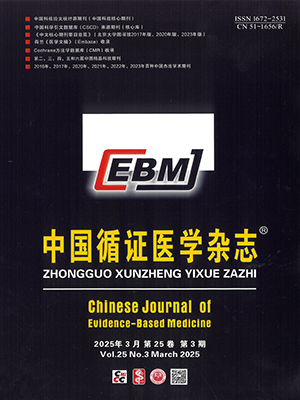Objective We aimed to investigate the attitude and suggestion from doctors, pharmacists and civil servants concerning brain death and organ transplantation and the legislation.
Methods A questionnaire with 10 sections and 44 questions was designed and distributed. The effective questionnaire data was then recorded and checked for descriptive analysis.
Results In 1 400 questionnaires distributed, 1 063 were responded and 969 of them were valid and analyzed. The respondents showed an incomplete understanding of brain death and organ transplantation laws. Seventy-four percent of the respondents recognized and accepted the standard of brain death. They agreed that legislation should be involved in the removal of organs for transplantation, the future use of the organs, and insurance and compensation for the donor for possible health risks induced by organ removal. Of the 969 respondents, 92% considered it necessary to have legislation in brain death and organ transplantation, and 61% thought that it is time to legislate.
Conclusion Legislation for brain death and organ transplantation is urgent and timely in China. The laws must include the respective rights and obligations of patients, close relatives, and medical institutions. Educating the public about brain death and organ transplantation should also be encouraged in a variety of ways.
Citation: SONG Ruliang,CUI Xiaohua,GAO Zhan,DENG Shaolin,LI Youping. Classroom Questionnaire of Brain Death and Organ Transplant Legislation△. Chinese Journal of Evidence-Based Medicine, 2009, 09(12): 1296-1301. doi: 10.7507/1672-2531.20090237 Copy
Copyright © the editorial department of Chinese Journal of Evidence-Based Medicine of West China Medical Publisher. All rights reserved




